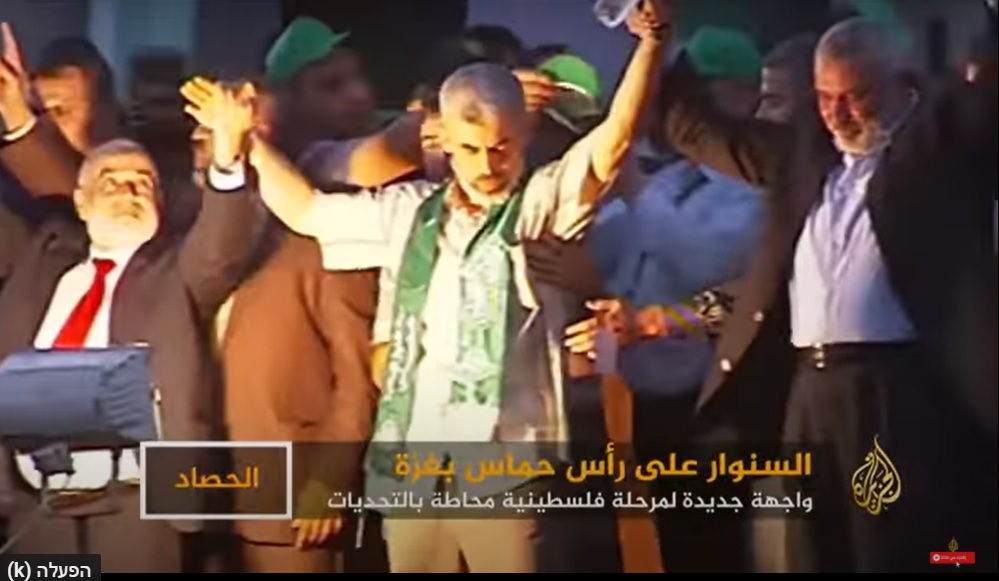The head of the CIA, William Burns, recently arrived in the Middle East, engaging in discussions across various capitals to mediate on the release of abductees and establish a post-war control mechanism for the Gaza Strip, excluding Hamas.
During his meeting with Egyptian President Abdel Fattah al-Sisi and Intelligence Minister Abbas Kamel, Burns proposed that Egypt takes responsibility for Gaza’s security until the Palestinian Authority (PA) strengthens its control.
However, President al-Sisi rejected this outright, emphasizing Egypt’s non-involvement in eliminating Hamas, citing the necessity of Hamas for maintaining border security.
The US officially advocates for the PA to govern the Gaza Strip after the potential overthrow of the Hamas regime by the IDF.
Despite this, Egypt refuses to play a role in eliminating Hamas, asserting the importance of maintaining cautious diplomatic ties with the organization.
Egyptian officials claim that Egyptian intelligence warned Prime Minister Netanyahu’s office about an unusual event planned by Hamas before October 7, a claim denied by Netanyahu.
Egypt’s cautious approach stems from an inability to accurately predict the war’s outcome and Israel’s success in toppling Hamas.
This cautious stance also extends to rejecting requests to temporarily host Palestinians fleeing the northern Gaza Strip, fearing potential security and stability challenges in the Sinai Peninsula.
Hamas as a Threat to Egypt
Highlighting the complexity of Egypt’s relationship with Hamas, the article notes that Hamas has been officially designated as a terrorist organization by Egypt. The military wing of Hamas maintains ties with the ISIS branch in the Sinai Peninsula, actively cooperating in terrorist activities against President al-Sisi’s regime.
Egypt has accused Hamas of training operatives for the Muslim Brotherhood, and of supporting ISIS in Sinai, facilitating weapon smuggling into the Gaza Strip.
Yahya Sinwar, elected as the leader of Hamas in 2017, played a pivotal role in easing tensions between Egypt and Hamas.
His commitment to preventing Hamas activities that threaten Egyptian security led to the permanent opening of the Rafah crossing by Egypt.
Recognizing the potential for the IDF to extend operations in the Gaza Strip, including the “Philadelphia axis” bordering Egypt, Egypt remains on hold politically. There’s an Israeli assessment that suggests increased cooperation between Egypt, Israel, and the US could occur if Egypt concludes that the Hamas regime has fully collapsed.
Until then, Egypt is cautious, fearing missteps in its relationship with Hamas.




